Life and Organicism
History of Science, Philosophy and Culture in Indian Civilization
Synopsis
The volumes of the Project of History of Science, Philosophy and Culture in Indian Civilization aim to discover the central aspects of India's heritage and present them in an interrelated manner. In spite of their unitary look, these volumes recognize the difference between the areas of material civilization and those of ideational culture. The Project is not being executed by a single group of thinkers, methodologically uniform or ideologically identical in their commitments. Rather, contributions are made by different scholars of diverse ideological persuasions and methodological approaches. The Project is marked by what may be called 'methodological pluralism'. In spite of its primarily historical character, this project, both in its conceptualization and execution, has been shaped by scholars drawn from different disciplines. It is the first time that an endeavour of such unique and comprehensive character has been undertaken to study critically a major world civilization. 'Organicism' is a less common word; it replaces the term 'vitalism'. The 13 Chaptered Life and Organicism offers a blend of conceptual biology and philosophy. Besides elaborating what organicism is, the Volume describes the Vasudha eva kutumbakam and the Gaia hypothesis on origin of life, the historical biogeography of India, how the claims about 'genetically superior' races are baseless, how cell division phenomenon is central to organismal biology, and the neurobiological basis of ego. Furthermore, the book expounds the subject of consciousness as an amalgam of neuroscience, philosophy and mysticism, traces languages evolution and the roots to knowledge as biological themes, highlights the role of microbes in green chemistry and bioterrorism, unravels the novel concept of "Ayurgenomics" (an elegant synthesis of genomics with Ayurveda), narrates the impact of modern biology on agriculture and healthcare systems, and how researches on low birth weight babies and several re-emerging infections are ushering an era of molecular medicine, and aptly extols the motto "Think globally and act locally" embodied in Atharva Veda. The account on synthetic life and artificial organisms makes one ponder about what characterizes life. Indeed, the future of biology lies in understanding the nature and role of several kinds of 'languages' besides genetic code. The Volume is addressed to the educated laity, and not just to students or specialists. The sporadic illustrations complement the text. A glossary of technical terms, and a detailed index are provided. It is hoped that the Volume would kindle the readers' Interest to know more about life and organisms
Read more
The volumes of the Project of History of Science, Philosophy and Culture in Indian Civilization aim to discover the central aspects of India's heritage and present them in an interrelated manner. In spite of their unitary look, these volumes recognize the difference between the areas of material civilization and those of ideational culture. The Project is not being executed by a single group of thinkers, methodologically uniform or ideologically identical in their commitments. Rather, contributions are made by different scholars of diverse ideological persuasions and methodological approaches. The Project is marked by what may be called 'methodological pluralism'. In spite of its primarily historical character, this project, both in its conceptualization and execution, has been shaped by scholars drawn from different disciplines. It is the first time that an endeavour of such unique and comprehensive character has been undertaken to study critically a major world civilization. 'Organicism' is a less common word; it replaces the term 'vitalism'. The 13 Chaptered Life and Organicism offers a blend of conceptual biology and philosophy. Besides elaborating what organicism is, the Volume describes the Vasudha eva kutumbakam and the Gaia hypothesis on origin of life, the historical biogeography of India, how the claims about 'genetically superior' races are baseless, how cell division phenomenon is central to organismal biology, and the neurobiological basis of ego. Furthermore, the book expounds the subject of consciousness as an amalgam of neuroscience, philosophy and mysticism, traces languages evolution and the roots to knowledge as biological themes, highlights the role of microbes in green chemistry and bioterrorism, unravels the novel concept of "Ayurgenomics" (an elegant synthesis of genomics with Ayurveda), narrates the impact of modern biology on agriculture and healthcare systems, and how researches on low birth weight babies and several re-emerging infections are ushering an era of molecular medicine, and aptly extols the motto "Think globally and act locally" embodied in Atharva Veda. The account on synthetic life and artificial organisms makes one ponder about what characterizes life. Indeed, the future of biology lies in understanding the nature and role of several kinds of 'languages' besides genetic code. The Volume is addressed to the educated laity, and not just to students or specialists. The sporadic illustrations complement the text. A glossary of technical terms, and a detailed index are provided. It is hoped that the Volume would kindle the readers' Interest to know more about life and organisms
75.60
68.04
$
84.00 $
Free delivery Wolrdwidе in 10-18 days
Ships in 1-2 days from New Delhi
Membership for 1 Year $35.00
Get it now and save 10%
Get it now and save 10%
BECOME A MEMBER
Books by the same authors
-

Ways of Understanding the Human Past : Mythic, Epic, Scientific and Historic
-
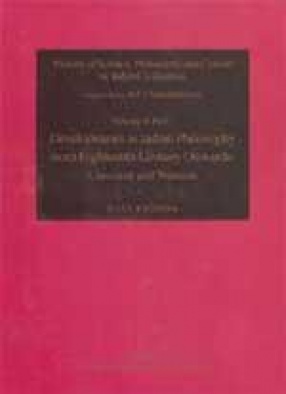
History of Science, Philosophy and Culture in Indian Civilization: Developments in Indian Philosophy from Eighteenth Century Onwards: Classical and Western (Volume X, Part I)
-
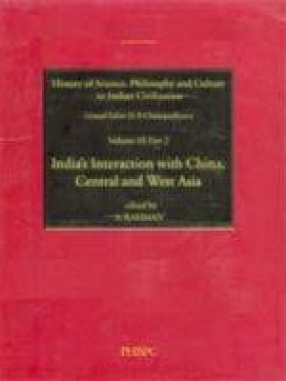
History of Science, Philosophy and Culture in Indian Civilization: Interaction with China, Central and West Asia (Volume III, Part II)
-
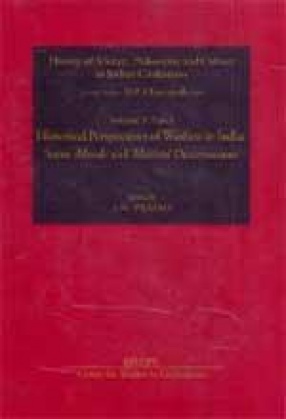
History of Science, Philosophy and Culture in Indian Civilization: Historical Perspectives of Warfare in India: Some Morale and Material (Volume X, Part III)
-
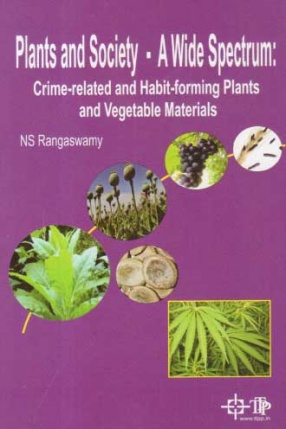
Plants and Society: A Wide Spectrum: Crime-Related and Habit-Forming Plants and Vegetable Materials


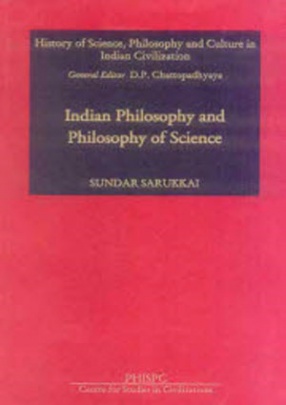
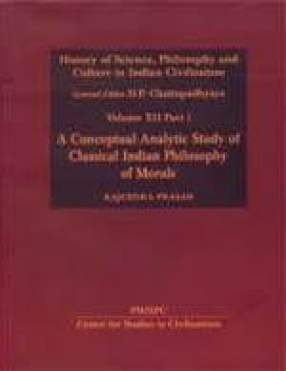
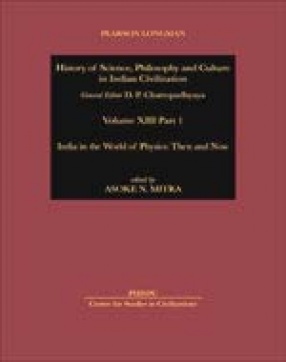
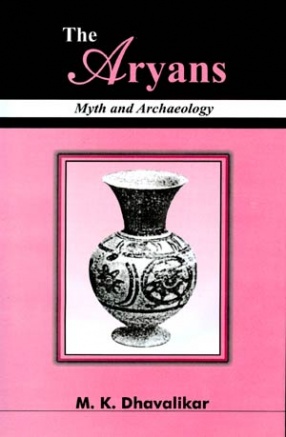

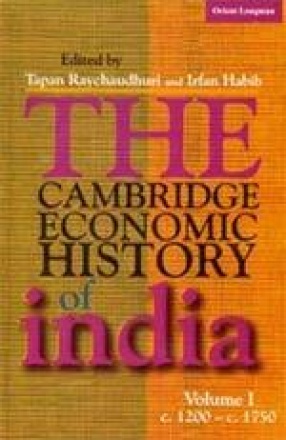

Bibliographic information
N.S. Rangaswamy